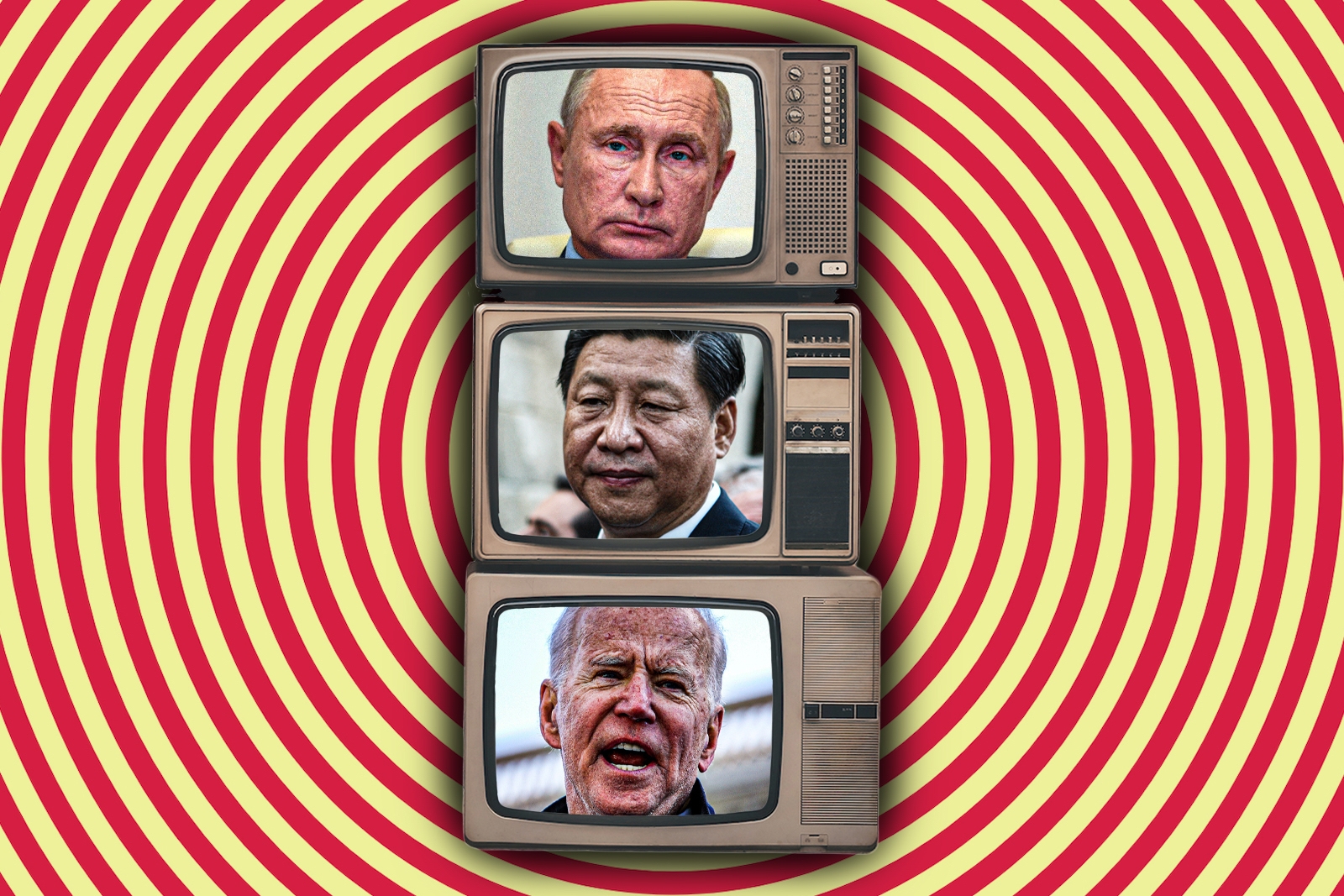
Memo: Don’t Talk Down to China if You Want Beijing to Cooperate
BEIJING, China – Memo to the Biden White House: next time you video call a Chinese leader do not announce to the media that you issued a warning. The days of China heeding public warnings from a U.S. president about Ukraine, or any other issue are over, and it is bound to be detrimental to any outcome that would be advantageous to your point of view.
By all means issue it privately but publicly playing that card makes it sound as if you are threatening China.
This is not a redundant point of procedure, protocol, good manners, or understanding history. It matters because there will, more than likely, come a time over the next 30 months when you will have to privately warn China. It won’t be about Ukraine. It will be about Taiwan.
Several Asian nations have sought to bolster security ties with the U.S. as a result of the Ukraine invasion. China has border disputes, sometimes deadly, with neighbors including Japan, India, and Vietnam. Beijing has stepped up military, diplomatic and economic pressure on Taiwan, sending warplanes on nearly 1,000 forays through the island’s air defense identification zone last year.
Consequently, the U.S. has sought to build a coalition of democracies, including both traditional treaty partners such as Japan and the Quad, including Australia and India. Other nations in the region are looking to firm up their defense ties with Washington.
Ukraine has upset the apple cart. When Russian President Vladimir Putin and Chinese President Xi Jinping met at the Winter Games in Beijing in February and hailed the “no limits” relationship between their two countries, they wanted to establish another bloc to counter the declining West. That is not going to happen.
Russia is diminished in China’s eyes, not because of its actions in Ukraine but because it seemed so badly planned. Planning is central to Xi’s philosophy or at least the appearance of having a plan. When Xi assumed office in 2012, he seemed a continuation of his steady but uncharismatic, actually deadly dull, predecessor, Hu Jintao. However, at the Party Congress in 2017, Xi revealed his “China Dream.” This was nothing less than an attempt, a plan, to revive China’s glory days, normally considered before the 19th century and the arrival of the rapacious West, and crucially, cement the power of the Chinese Communist Party, weakened by decades of rampant east-coast led consumerism.
A “well-off society and the modernization of socialism” before 2035 was the goal. Another goal was to establish China as a country with, what it describes, as an international influence by the mid-century. All long-term plans, so why the hurry, why is next year or 2024 so important? Simple answer. Time.
Born in 1953, Xi is 68. Not old for a Chinese leader but he is in a hurry as the economy is failing and nationalism must replace the pursuit of wealth if the party is to remain in power. Nothing in China is as it seems.
Taiwan is not about Taiwan. It is about Xi and the party and the spluttering economy. Taiwan may be the key, not the economy, to the party’s supremacy. Xi has always had an eye on the history books. He wants to replace Deng Xiaoping, the real architect of modern China, as the most important leader since Mao Zedong. The gasping economy won’t do it for him. Getting Taiwan back, he believes, will. Memo to the White House: issue warnings privately.

